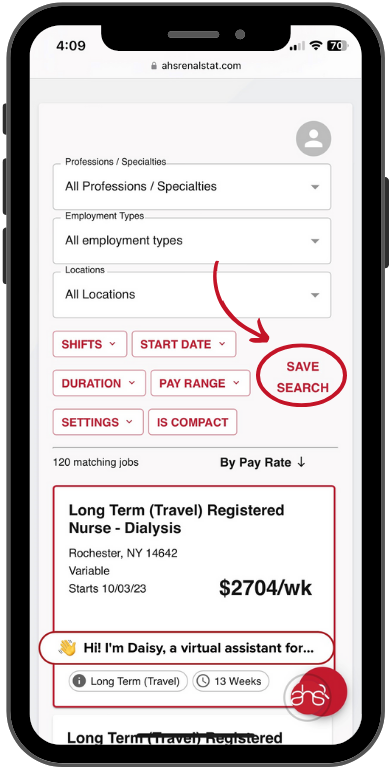Patients with chronic kidney disease who received the vitamin D compound paricalcitol for up to 48 weeks did not show improvement on measures of cardiac structure, function, or left ventricular mass, compared to patients who received placebo, according to a study in the Feb. 15 issue of JAMA.
“Although primarily recommended for improving bone health, treatment with vitamin D recently has been suggested for other conditions, including cardiovascular disease,” according to background in the article. The authors add that convincing data demonstrating that vitamin D therapy improves cardiovascular health are lacking. Observational studies in patients with chronic kidney disease report associations between vitamin D deficiency and increased risk of cardiovascular events.
Ravi Thadhani, MD, MPH, of Massachusetts General Hospital, Boston, and colleagues conducted a study (PRIMO trial) to examine whether 48-weeks of treatment with paricalcitol would reduce left ventricular mass, improve diastolic function, reduce CVD events, and improve cardiac biomarkers in patients with left ventricular hypertrophy (LVH; enlargement of the left ventricle of the heart) and CKD. The randomized, placebo-controlled trial, which included 227 patients with chronic kidney disease and mild to moderate left ventricular hypertrophy, was conducted in 11 countries from July 2008 through September 2010.
Participants were randomly assigned to receive oral paricalcitol or matching placebo. Participants were predominantly male and had hypertension. Other CVD risk factors were frequent in both groups. The primary outcome for the study was the change in the left ventricular mass index over 48 weeks measured by cardiovascular magnetic resonance imaging.
The researchers found that after 48 weeks, there was not a significant difference in the change in the left ventricular mass index between the two groups. The change in pre-specified echocardiography measures of diastolic function also did not significantly differ between the paricalcitol and placebo groups.
The number of hospitalizations from any cause (15.7% of those in the paricalcitol group, and 17% of those in the placebo group) and from noncardiovascular causes (paricalcitol, 15.7%; placebo, 11.6%) did not differ between groups. However, there were fewer hospitalizations for CVD events in the paricalcitol group than in the placebo group (1 vs. 8, respectively).
There was no difference in the overall incidence of adverse events between groups (paricalcitol, 80% vs. placebo, 77.7%). ~Nephrology News & Issues ~


